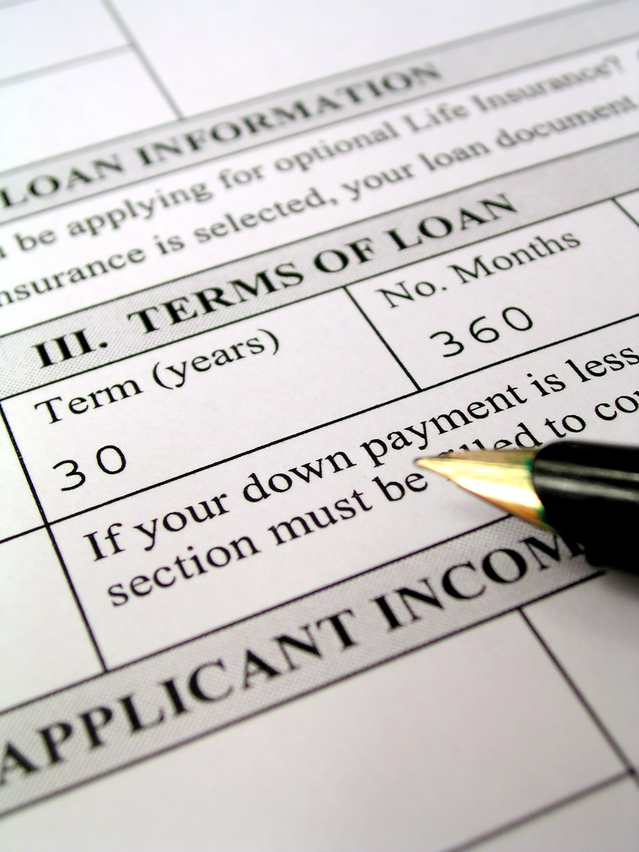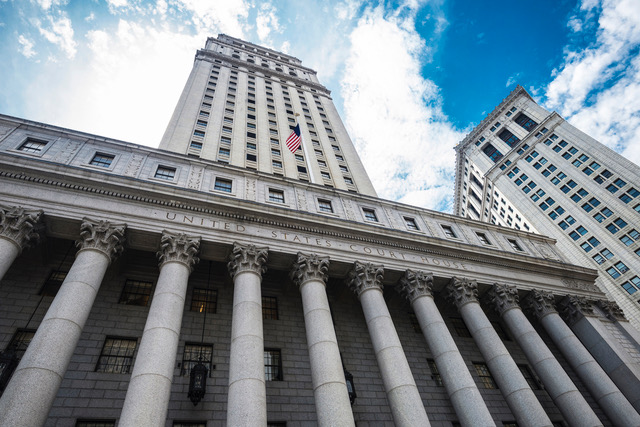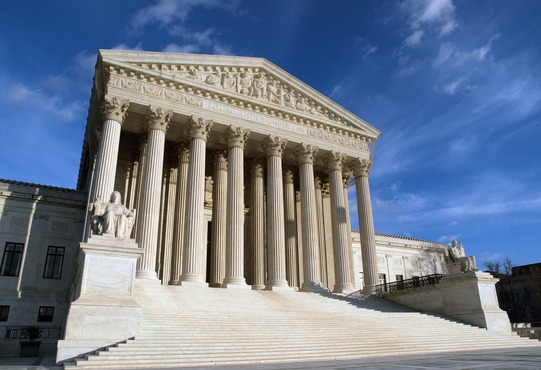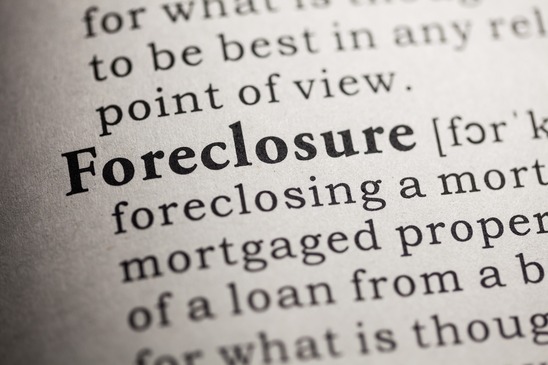New Means Test Figures Effective After November 1, 2018

Section 707 of the Bankruptcy Code determines whether a debtor may qualify to file for Chapter 7 Bankruptcy, by applying a budget test to debtors who exceed the median income for their household size for the state in which they live. This is referred to as the “means test” as it proports to determine whether […]
Non-Dischargeable Debts in Bankruptcy

When filing for bankruptcy the goal of a debtor is to obtain a fresh financial start. In Chapter 7 bankruptcy, their debts are eliminated, while in Chapter 13 bankruptcy, a debtor typically pays back their debt through a court ordered payment plan that is typically 60 months and is interest free for mist debt. However, […]
What Are Your Options If You Fall Behind On A Loan Modification?

A common question we are often asked by potential clients is: “If I have fallen behind on my loan modification, can I get another modification?” At the Law Offices of David I. Pankin, P.C., we carefully review the four options that generally present themselves in this situation. Keep The Modification You Have Using Chapter 13 […]
FDCPA vs. Bankruptcy Remedies: The 2nd Circuit Reversal in Garfield v. Ocwen Loan Servicing

In a case that is likely to have a broad effect on the collection activities of debt collectors in New York, the Second Circuit recently held that the Bankruptcy Code does not prevent use of the Fair Debt Collection Practices Act (FDCPA) in a claim regarding a debt that was discharged in bankruptcy proceeding. In […]
The Federal Wildcard Exemption

In a bankruptcy case, the property of the debtor is classified in one of two ways: exempt property and non-exempt property. Exempt property is the property the debtor is allowed to keep, while non-exempt property can potentially be liquidated and distributed to creditors. There are exemptions for a wide variety of personal property of the […]
Supreme Court Decides Against Stripping Second Mortgage In Chapter 7

This session of the Supreme Court decide a bankruptcy dispute that was widely watched by bankruptcy attorneys: Caulkett v. Bank of America. In Caulkett v. Bank of America, Justice Clarence Thomas and his Supreme Court colleagues unanimously decided that underwater homeowners cannot use the chapter 7 bankruptcy process to remove second mortgages that are […]
Supreme Court Holds Inherited IRAs Are Part Of The Bankruptcy Estate

With only a few exceptions, the Bankruptcy code exempts Individual Retirement Arrangements, more commonly known as IRAs, allowing debtors to keep their retirement funds. In a recent unanimous decision in the case of Clark v. Rameker, the Supreme Court created another exception to this general rule. The Court held that an inherited IRA has no […]
Can A Bankruptcy Filing Stop a Foreclosure Sale in New York?

In the United States, foreclosure laws may vary from state to state. In contrast, bankruptcy is federal law and in general treats foreclosure uniformly. In New York, bankruptcy may be able to help stop a foreclosure sale. Filing for Chapter 7 can potentially delay a foreclosure action for a number of months while a Chapter […]
Supreme Court Reviews Exemption of Inherited IRA funds

The U.S. Supreme Court is presently considering whether an inherited retirement account funds can be protected against bankruptcy claims. The justices will decide the appeal of a Wisconsin couple, Brandon C. Clark and Heidi Heffron-Clark, who filed Chapter 7 bankruptcy in 2010 after their pizza shop business failed in 2009. The bankruptcy court rejected the […]
Changes to Bankruptcy Forms

Pending Changes in the Bankruptcy Forms As of December 1, 2012, the following amendments will take effect. Official Form 7 (Statement of Financial Affairs) is amended to make the form’s definition of an insider consistent with the definition in the Bankruptcy Code. Official Forms 9A – 9I (meeting of creditor notices) are updated on the first page and in […]

